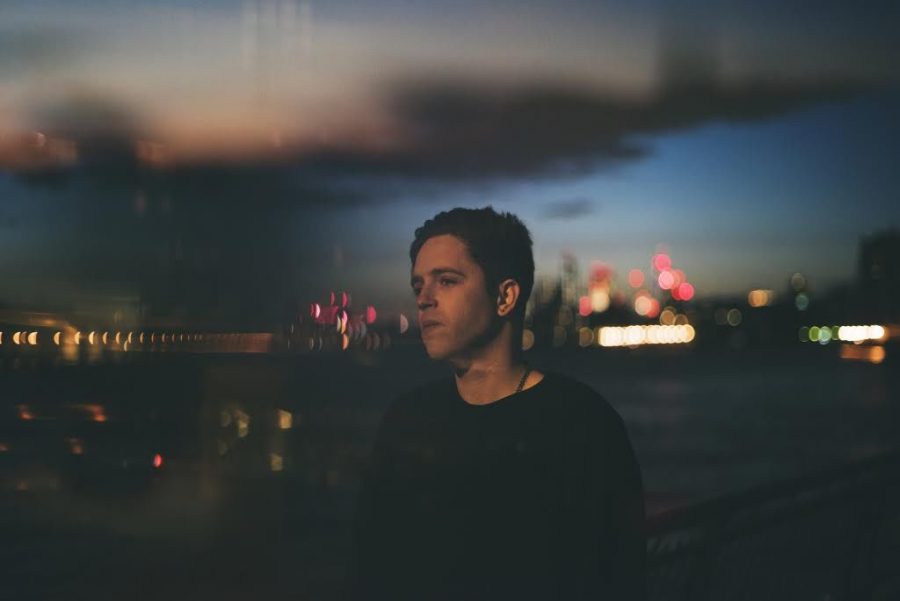Benjamin Francis Leftwich reemerges ‘After the Rain’
British singer-songwriter Benjamin Francis Leftwich is back to singing with his second album after taking a break to mature his music.
November 14, 2016
English singer-songwriter Benjamin Francis Leftwich said he appreciates all genres of music and makes space for diverse styles in his repertoire. Although his favorite genre is hip-hop, one would never know it when hearing his calm, serenading style. After taking a break from the music world for five years, Leftwich is ready to sing out his personal experiences.
The 27-year-old artist’s 2011 debut album, Last Smoke Before the Snowstorm, earned him comparisons to Damien Rice, Jose Gonzalez and Iron & Wine. He released his second record, After the Rain, Aug. 19 as a musical journey influenced by his father’s death from cancer. With a world tour and more than 79 million listens on Spotify for his single “Shine,” The Guardian called the new album a “fragile, precious, oddly comforting thing.”
Leftwich recently played songs from his new album at his Nov. 6 show at Martyrs, 3855 N. Lincoln Ave., where The Chronicle spoke with him about the new record, how his father’s death affected his music and his feelings about music culture.
THE CHRONICLE: How have you grown musically and personally?
BENJAMIN FRANCIS LEFTWICH: I don’t see any distinction between my musical life and my personal life. I always try to write the most honest music, and when you are young, you can be quite impulsively creative. You learn to edit your own idea of honesty and think more about what you’re saying. As you grow up, you become less bothered with what’s the most indie thing.
How did the loss of your father affect your music?
When something like that happens in your life, it’s such a big thing; it affected my happiness, anger, sexuality, friendship, musicianship, artistry [and] where I was in the world geographically. That’s why I’ve taken quite a lot of time out of music, but I’m pleased I took that time to help me slowly get to a point where I am more at peace with things. I see the loss of my father as a main road going through the middle of the desert. Off that, there are subroads, and those roads for me are songs. Not every song on the album is about the loss directly, but they are all informed by it as my life during that time.
Which song is dearest to you from After the Rain?
“Kicking Roses” because it is the most honest. I feel like I am looking into a mirror when I am singing that song. “Tell me why you’re kicking every rose that you come across? / Walking like a man but you never been so lost.” It’s about us stupid men getting rid of so many beautiful things around us and then looking back and thinking, “God, what have I done?”
How do you stay grounded on tour?
I don’t. It is hard and that is why so many musicians—almost all the musicians I know —struggle with drug problems or mental problems when they come off tour because they are trying to look for something to recreate that pace of life, that experience. You’re the king or queen of your own world for a while, and then it’s back to reality. That can be a really tricky thing to deal with and that’s part of the discipline of being a touring musician—learning how to pack properly, how to eat properly and how to look after yourself mentally—at least try.
Do you feel pressure to continuously create music?
Yeah, as I have grown up I am a lot more aware of the game. Personally, I don’t feel any pressure, but I understand why there is pressure and some of the consequences of taking time [off]. I always just want to write the music that is the most beautiful and honest. I would rather go back and work in a cafe than rush out an album I’m not happy with. Ultimately, I am leaving a mark after I die, as we all are as a journalist, musician, [or] scientist. Whenever you’re passionate about something, you have got to treat it with respect and not rush it because someone says a record’s got to come out.








